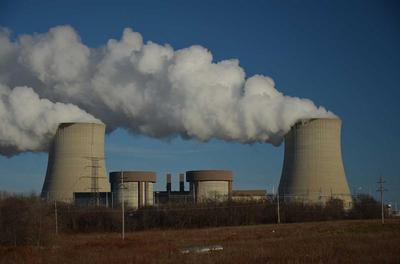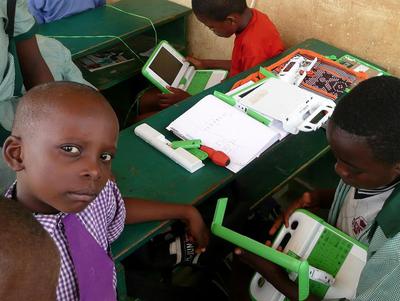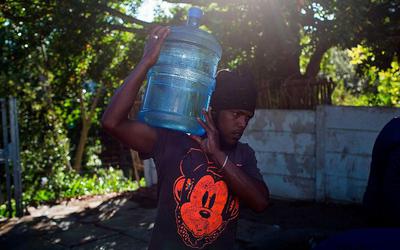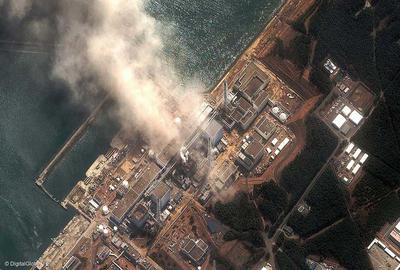
Natural gas threatens future of nuclear energy
Nuclear power, the glamorous, high-tech power of the future, may be losing the energy race to humble natural gas, as abundant U.S. shale gas production causes natural gas prices to hit record low levels.
So far this year, natural gas has performed the worst among commodities, posting declines in both January and February. Prices have dropped 20 percent to $2.90 per million British thermal units from $3.65 in January. In the past three years, natural gas prices have steadily declined more than 5





